

NATURAL SKINCARE:
WHAT IS NATURAL?
The word “natural” is used a lot in the green beauty movement. But what does it really mean? “Natural” is a word that’s often thrown about without any context into how it is interpreted but what does it actually mean?
nat·u·ral
ADJECTIVE
1. existing in or caused by nature; not made or caused by humankind:
“Oranges contain a natural antiseptic that fights bacteria”
Most people agree with the dictionary that a natural ingredient is something that comes from nature, yet the cynic would argue that petrochemicals are also natural. After all, petrochemicals are extracted from crude oil and crude oil comes from the ground. What’s more natural than crude oil, the product of fossilized organic matter such as Algae?
By a much broader scientific definition, anything and everything can be natural, as humans are the product of nature, therefore everything we create, is natural.
It is precisely this conundrum that the term “natural” is not legally defined and therefore, restricted. When the term “Natural” is applied to skincare, it is used to denote ingredients of non-petrochemical or synthetic origin. When we say all of our products are 100% natural, none of the ingredients are derived wholly or partially from petrochemicals.
A few eagle-eyed readers may have noticed that we do use ingredients which have been processed and is a product from a few different plants, should those ingredients be described as non-natural?
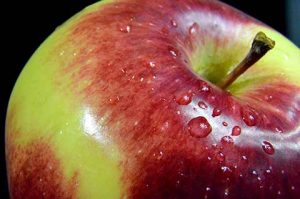
Is apple juice natural?
Take the following example; Walk into any high-end health food store or your local supermarket these days, and you’re bound to find somewhere on the shelves, a variety of apple Juice. Whether it’s concentrated in a carton or never concentrated, imported from a Parisian apple orchard, we see this glass of apple juice as 100% natural.
Some would argue that this glass of apple juice is not natural; the production method of Apple juice is convoluted. Apples are collected from different apple orchards in a region and transported to a manufacturing facility to be processed. The apples are rinsed, cut into little pieces, transferred into a vat and infused with enzymes, which break down the cellular structure to maximise juice extraction.
After the apple gratings are macerated for up to 90 minutes, the juice is finally extracted by a very powerful hydraulic press. The resulting liquid is then sieved to remove remaining pips, stems and pulp. To ensure the juice will be safe to drink for months, the juice is then pasteurised by heating up to 82c. Enzymes are then added to facilitate the second filtration by hydrating the pectin molecules, producing a clear liquid which we would recognise as apple juice.
Concentrated apple juice would be evaporated under vacuum and heat at this point to remove most of the water. The resulting juice would be shipped to the final destination to be reconstituted back to its original strength by the addition of water.

Apple Juice Storage Containers
Not-from-concentrate juice would be stored in humongous silos for up to a year as apples only mature during October and filling in hermetically sealed containers when needed.
At which point would we consider the Apple juice to turn into something un-natural? A human hand which planted the tree, picks the fruit? When the enzymes are added? Or how about when the Apple juice is fortified to bring the levels of Vitamin C back to pre-processing levels? Or is it when an × amount of processing steps are reached?
Everyone has a differing opinion when a natural ingredient is processed to a point where it is considered to be un-natural and that vagueness has led to the so-called greenwashing we see so commonly in skincare. That’s why it’s imperative to read the label and see what you are getting.
What we do is use the minimum amount of processing steps to ensure our botanical extracts do not lose its nutrition content and what processes we do utilise, abides by the green chemistry principles to maximise the incorporation of as much of the raw material in the end ingredient while minimizing waste. These steps ensure that the skincare range that reaches you, is the very best that it can be to help support healthy skin.
The science in skincare is our ongoing series helping consumers better understand the science in skincare. We translate the science into a format that is much easier to read, bust the myths and give you a clear, transparent and honest assessment so you can make an informed choice of what goes onto your skin.
Be the first to hear about our new articles by signing up to our email newsletters or by following us on Facebook or Twitter
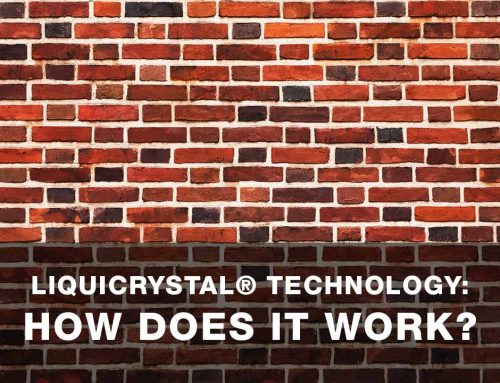
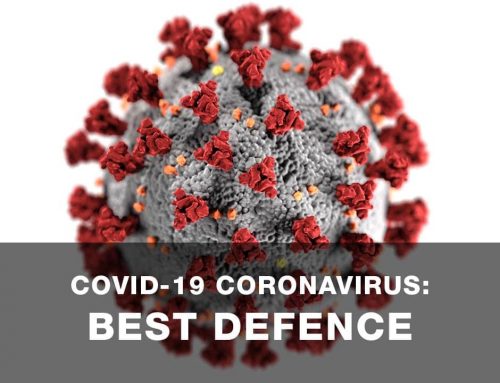
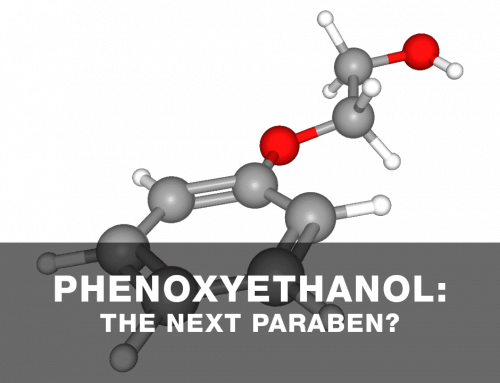

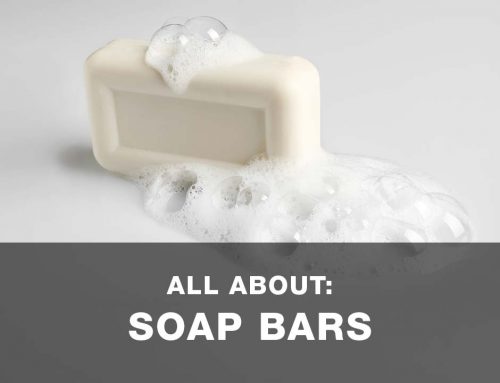
Leave A Comment